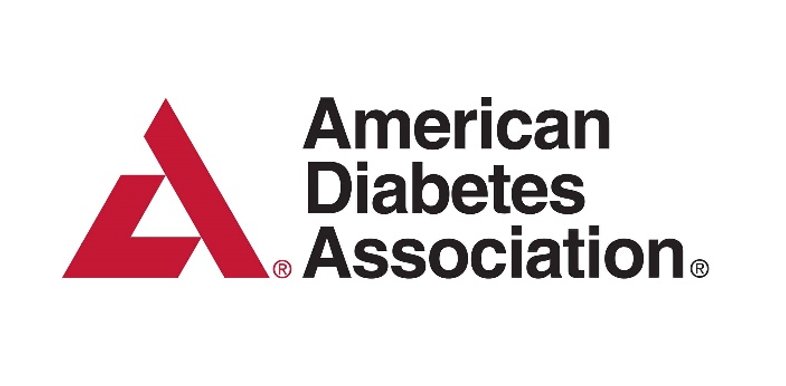I. Introduction
Parents and guardians of children with diabetes strive to keep life as normal as possible for their children. They have to work closely with their children’s school and doctor in order to ensure that they are properly cared for while they are at school and so that transition from home to school goes as smoothly as possible. While diabetes care can be relatively simple for the well trained individual, not everything can go smoothly all of the time. How diabetes will impact a particular child cannot be predicted or generalized. In addition, there are outside environmental, social and psychological circumstances that can have an impact on the overall wellbeing of children with diabetes. Diabetes is a chronic medical condition for which there must be constant monitoring and around the-clock care. Students with diabetes can have more medically necessary absences due to illness or medical appointments than students without diabetes. They also may need additional diabetes care support or accommodations which can feel burdensome to some school administrators. Ideally, school administrators will be well educated about diabetes and will work with the parents or guardians of students with diabetes to minimize class absences while ensuring the student’s diabetes is well managed. In reality, misconceptions about diabetes can often lead to tensions and misunderstandings that can culminate in well-meaning, but unfounded, accusations of child abuse and neglect or in malicious reports of abuse and neglect. A primary reason why a report of suspected child abuse and neglect is made for a child with diabetes is due to suspected unattended health care problems or medical needs. 16% of all child abuse and neglect reports in the U.S. are made by educators. Making sure that school staff is educated about diabetes and maintaining good communication between the school and the child’s parent or guardian is the best way to prevent unfounded accusations of child abuse and neglect.
II. Basic Information on Diabetes
Diabetes is a serious chronic medical condition in which the body does not make insulin or does not correctly use insulin. Insulin is a necessary hormone that helps turn the food we consume into energy for the body. When insulin is not produced or not used effectively by the body, the results are high levels of glucose (or sugar) in the blood. This happens because the glucose cannot get into the cells that need it and, instead, it builds up in the bloodstream. Diabetes is classified into different types. The most common forms are type 1 and type 2 diabetes. In type 1 diabetes, the body’s immune system mistakenly destroys the insulin producing cells of the pancreas. As a result, the body produces very little or no insulin at all. In type 2 diabetes, the body does not respond properly to insulin (insulin resistance) or the body does not produce enough insulin. The majority of youth with diabetes, have type 1 diabetes. However, the prevalence of youth with type 2 diabetes has gone up in recent years. Diabetes can lead to both short-term and long-term complications. Short-term problems can include high (hyperglycemia) or low (hypoglycemia) blood glucose levels that significantly affect the person’s ability to concentrate and learn, and can cause serious immediate consequences such as brain damage or death if not treated. In addition, diabetes can cause serious complications that develop over time (such as vision problems and kidney disease), but people with diabetes can take steps to control the disease and lower the risk of complications. Children with diabetes can face daily struggles related to diabetes which can lead to false CPS reports. The following are some examples of these daily struggles.
III. The Role of Child Protective Services
Child Protective Services (CPS) is a general term that refers to the state agency charged with protecting the children of that state from abuse and neglect in accordance with that state’s child welfare laws and regulations. Each state has its own CPS agency and may have a different name for its agency (e.g. Child and Family Services, Department of Family Services, etc.). Most CPS agencies are responsible for receiving and investigating reports that a child is at risk for abuse or neglect, and providing services to prevent further abuse. Once a CPS referral is made and an investigation is started, the stakes are very high for families of children with diabetes enthralled in a CPS investigation.

